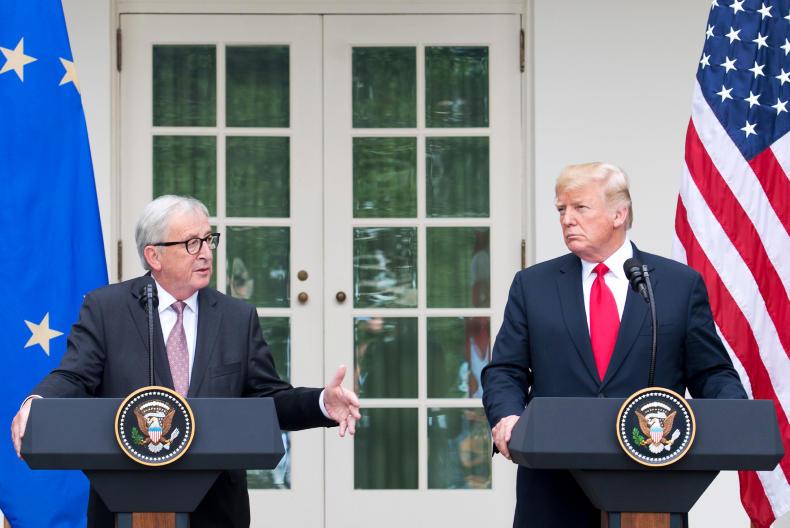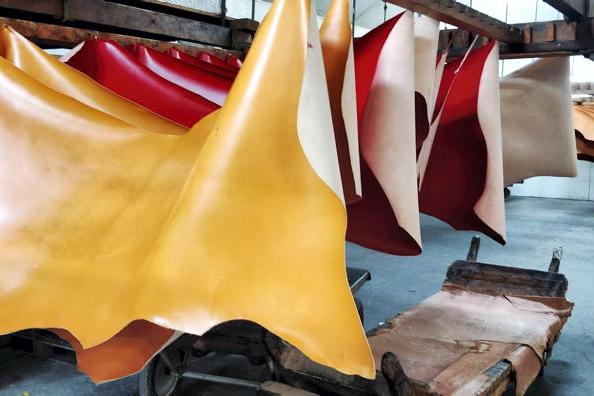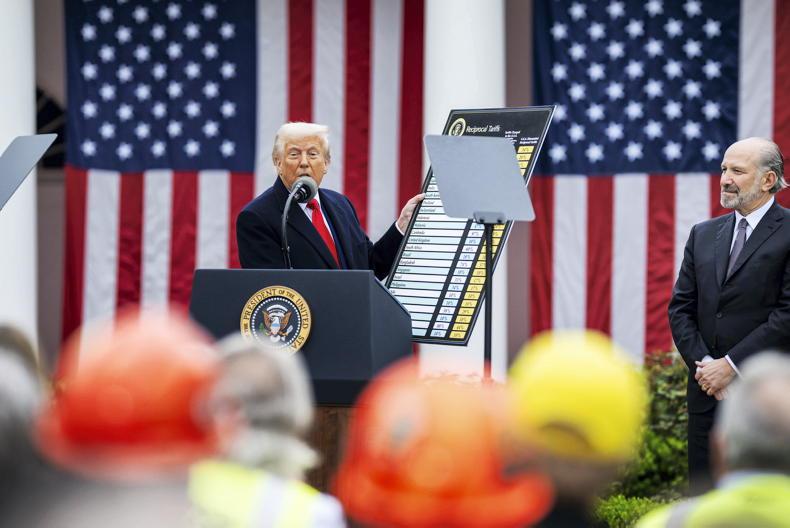US president Donald Trump will visit Ireland next week, staying at his hotel in Co Clare. One week later, King Willem-Alexander and Queen Máxima of the Netherlands will undertake a state visit to these shores.
These leaders represent the first and second largest exporting nations of agricultural produce in the world but other than that they have little in common.
The most visible display of difference between the US and the Netherlands is the approach to global trade, with concern for climate and the environment also being a huge point of difference.
Just this week, President Trump announced that he was imposing a 5% tariff on imports from Mexico, one of the US’s top trading partners for agricultural produce. This is in response to his belief that the Mexicans aren’t doing enough to control the flow of migrants into the US from Central America. This follows the announcement last week that he was introducing a $16bn farm bill package to offset the impact of his trade war with China, which has hit US exports.
US and EU
The US and EU are in trade discussions that exclude agriculture, much to the annoyance of the US side. Given the unpredictability, it is not beyond possibility that the president could reignite the trade spat with the EU after the 75th anniversary celebrations of the Normandy landings in World War II, which take place next week.
This had been defused when European Commission president Jean-Claude Juncker made the trip to the US in July last year to meet President Trump, after which there was a surge in EU imports of US soya, which gave a positive feeling to the discussions.
In fact this was largely coincidental. The soya imports were a case of musical chairs – the US soya was effectively excluded from China by tariffs and was replaced by Brazilian soya that previously was sold on the EU market. With the Brazilian soya going to China, the US soya filled the gap in the EU and EU-US trade was boosted in the process. However, the US president remains annoyed by the level of EU car trade with the US and what the future holds is uncertain.
Climate
It is also widely recognised that the US president is dismissive of the Paris climate change agreement. Contrast this with the visit beginning on 12 June by the Dutch king. While his role is purely ceremonial, he nevertheless reflects the ethos of his country. In a briefing this week with Irish media, including the Irish Farmers Journal, he spoke of his pride in the Netherlands being a global power in agricultural trade and yet mindful of needing to care for the planet.
Before he became king, he chaired a United Nations committee on water and sanitation and he retains a particular interest in the challenge of feeding an increasing global population within the finite availability of fresh water, 80% of which is used in farming. This latter point alone has to put Irish livestock production in a particularly positive space. Whatever case can be made against keeping livestock in grain-producing countries with limited water supply, there is a powerful case for Ireland with an abundance of rainfall and grass, which can only be used for food production through livestock.









SHARING OPTIONS